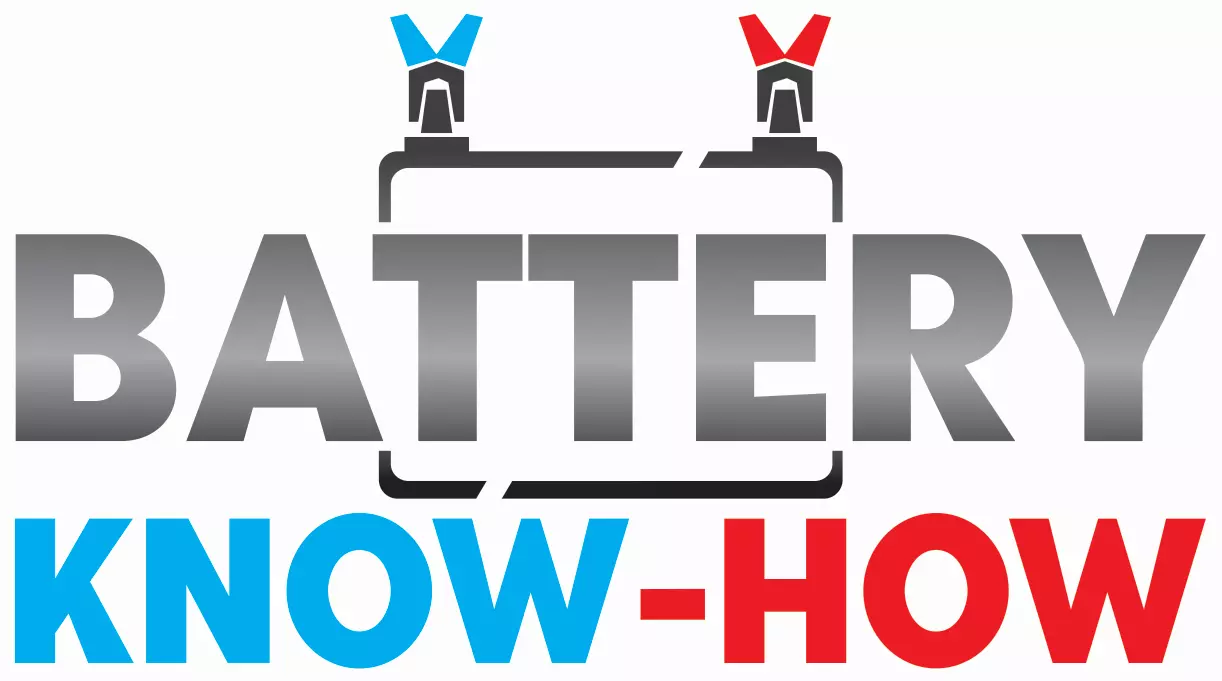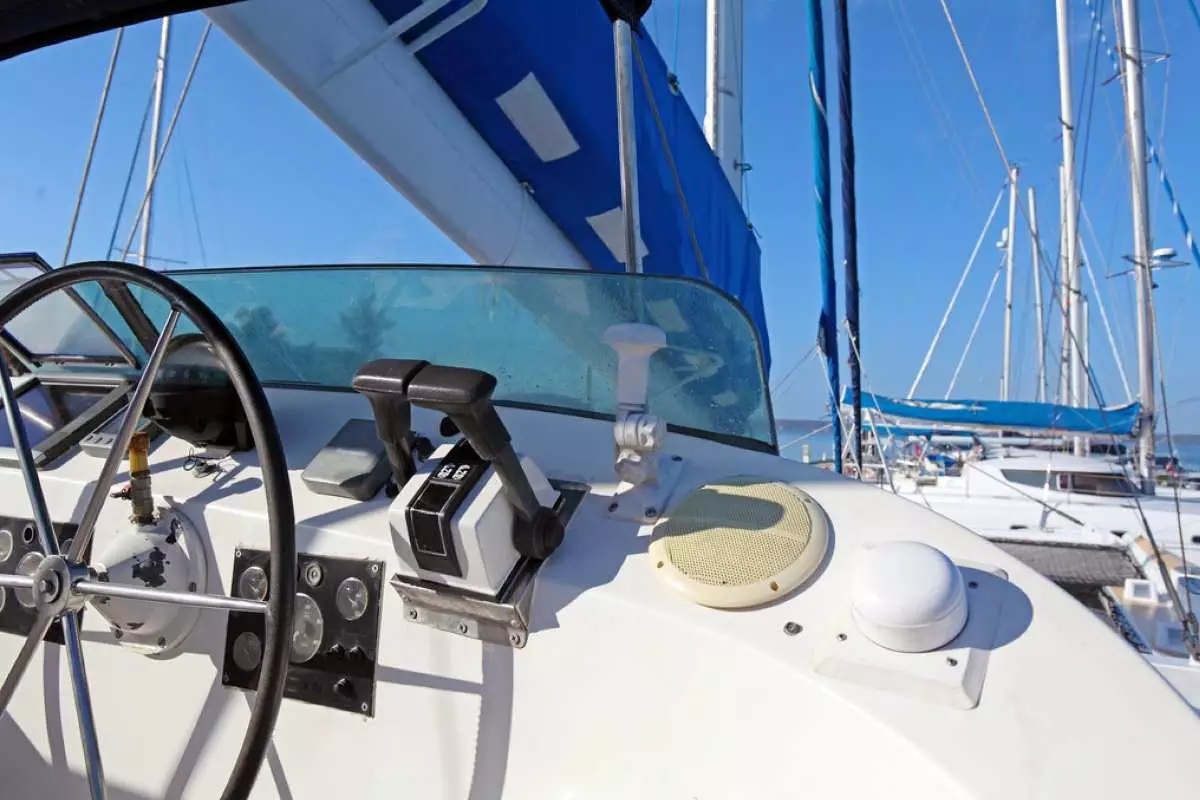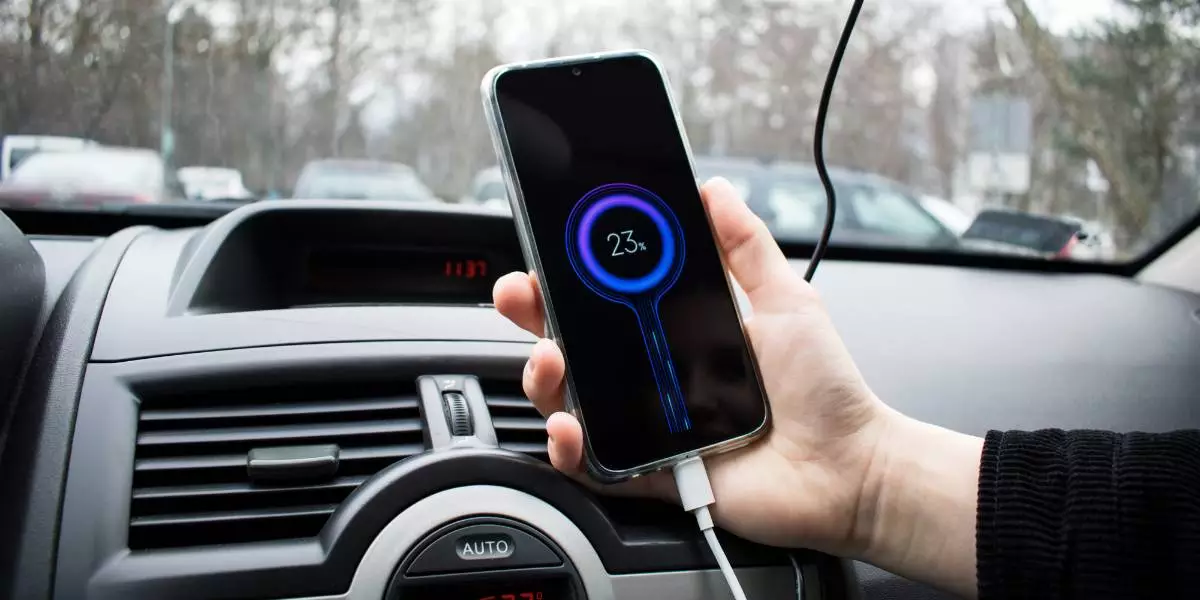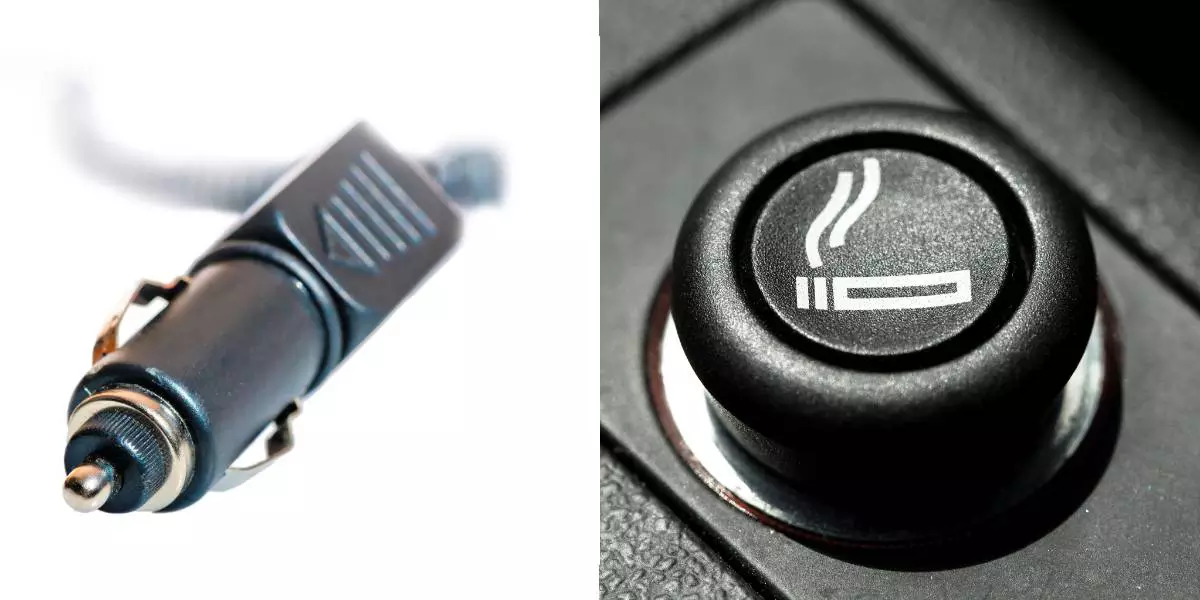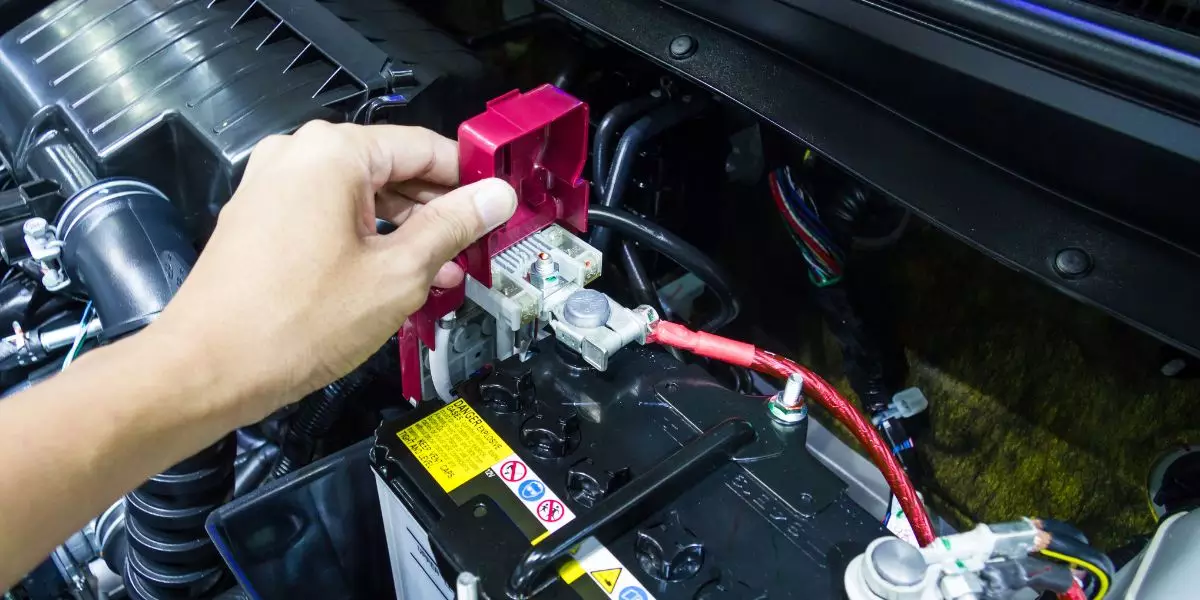Manufacturers have built and designed marine battery switches and chargers to be durable. After all, you’re using them out on the water, where they’ll be exposed to the elements. So, do these components ever go bad?
Yes, marine battery switches and chargers will eventually go bad. Generally, both components go bad due to the effects of regular wear and tear after being used for many years. Still, an electrical fault or incorrect installation can also cause these parts not to work as they should.
This guide will do a deep dive into marine battery switches and chargers. First, you’ll learn what they are and how they work. Then, you’ll discover what symptoms hint that they’re going bad, the causes, and what you can do about the problem.
Let’s get started.
Marine Battery Switches Troubleshooting
Firstly, let’s dive into marine battery switches in a bit more detail. This section will tell you everything you need to know about this part of your boat.
What They Do
The battery switch on your boat has one specific purpose: it allows you to choose the power source you’d like to use to power your boat.
The switch has a rotating dial that you turn to make your selection. So, all you have to do is turn the dial to select from individual power sources. Some also have options that allow you to use multiple power sources simultaneously.
Those power sources you can select using the battery switch include:
- The engine
- The start or reserve battery bank
- The house battery bank
But of course, you can also rotate the switch and choose to shut the system off entirely.
Signs of Failure
Several tell-tale signs become apparent when a marine battery switch starts to go bad. Knowing what signs to look out for can help you troubleshoot the problem sooner and save you the headache of getting stuck out on the water.
Some of those signs include:
- Battery won’t charge: Your boat battery is somewhat similar to the one in your car. The running engine will power an alternator that recharges your battery. When you notice that your batteries aren’t being recharged, it’s likely that the switch isn’t letting power flow from the alternator to the battery.
- Engine won’t start: Just like your car battery, there’s a starter battery on your boat that helps get the engine started. Starting problems are another symptom of a switch going bad.
- Visible signs of wear: Look a little closer at the switch on its front and back where the wiring is. You might see signs of damage or rust that tell you the switch is on its way out.
Why They Fail
The reason your boat battery switch is starting to go bad is generally due to regular wear and tear.
A marine battery switch is a gadget with both electrical and mechanical features. That means there are moving parts that you turn every time you want to change the power source or shut the system off.
These switches are durable and can go through many years of use. Still, those parts will break or stop working so well at some point.
When that happens, the switch can no longer do what you need it to do.
What To Do About It
When you troubleshoot your boat battery switch and find that it’s going bad, the only solution is to replace it with a new one.
Remember: the switch is part of your boat’s electrical system, so replacing it can be risky. If you’re unsure how to replace it, there’s no shame in getting a professional to do it for you.
Marine Battery Charger Troubleshooting
Battery switches help you decide which power source supplies power to your boat’s components. However, the battery charger is the part that ensures the batteries in your system have electrical power to deliver in the first place.
Let’s take a closer look at them.
What They Do
As you might’ve guessed, the battery charger’s purpose is to keep your boat batteries charged. But those battery chargers don’t just dump a whole bunch of electricity into your batteries all at once. Doing so repeatedly would be bad for their health.
Instead, these devices recharge each battery in different stages, using a different current level. As a result, marine battery chargers help you keep your batteries in excellent shape for much longer by doing things that way.
Signs Of Failure
Typically, people first notice a problem when their batteries don’t recharge, no matter how long the engine has been running. By then, it might be a little too late.
Another symptom to look for when troubleshooting problems is looking at the charger itself up close.
These chargers typically have indicator lights or even a full display that shows you if it’s working. If the lights or display won’t turn on, that’s a clear sign that the charger isn’t working.
Why They Fail
Chargers can go bad for several different reasons. Typically, an electrical fault like a power surge or short circuit causes it to stop working.
However, if yours fails despite being brand new, likely, the charger was not installed correctly.
Lastly, the problem might not be with the charger at all. Instead, a fuse in your electrical system might have blown. The symptoms might lead you to think that the charger is at fault when that happens.
What To Do About It
The solution for a bad marine battery charger depends on the root cause. Thankfully, not all causes require you to replace the charger with a brand new one.
Instead, replace any blown fuses or have the charger reinstalled correctly. Once you’ve ruled those out and find that the charger suffered an electrical fault, then it’s time to go shopping for a new one.
Final Thoughts
Your marine battery switches and chargers are both critical parts of your boat’s electrical system. So, if you suspect that there might be a problem, you should get it checked immediately.
After all, you don’t want these parts to fail on you while you’re out on the water.
